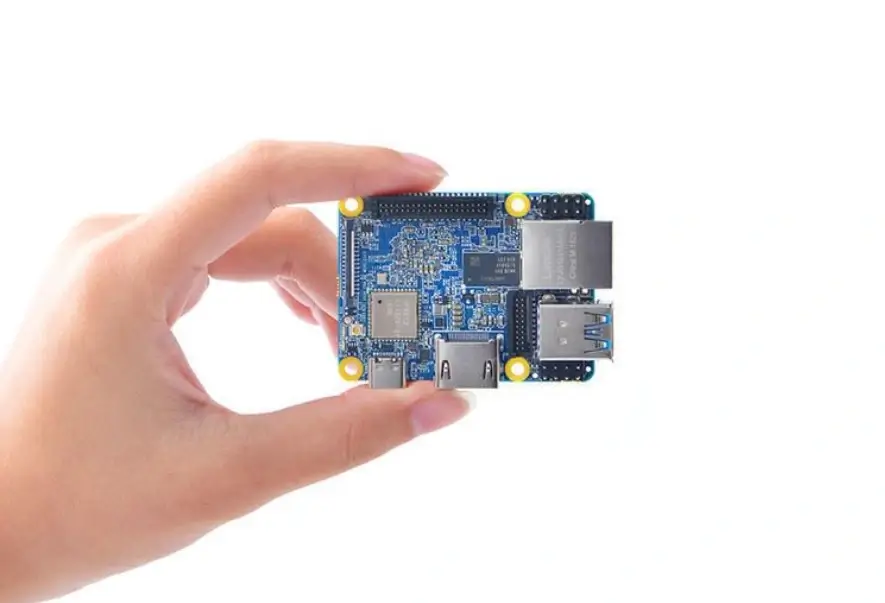Single board computers: what they are, how they’re used, and how to find the right one

Are you an inventor or innovator? Perhaps you’re looking to take advantage of the huge rates of growth in the smart home market – set to rise in size from £117 billion to $222 billion between 2022 and 2027 – or work alongside businesses to bring the benefits of smart technologies to innumerable businesses? Maybe you’re just looking for a way to get started with the interesting hobby of electronics? If you answered ‘yes’ to any of these, you could benefit from single board computers.
In this guide, we look at what these computers are, how they can be used, and what makes a good one.
What is a single board computer?
According to BAE Systems, single board computers are complete computers built onto a single circuit board – including processor, memory, inputs, outputs and more on the single board.
That’s in contrast to the vast majority of computers such as PCs, laptops, and smartphones, which are formed of multiple components and circuit boards.
What can single board computers be used for?
Single board computers are much smaller than most computers, and due to the lack of connections and parts, are remarkably stable. That gives them a wide range of uses which wouldn’t suit a typical PC or laptop.
That includes being embedded within other systems (medical devices, automotive parts, appliances and much, much more) and providing them with smart features like internet connectivity, controllability, or even autonomous AI control.
As such, these computers are typically used for industrial applications such as data acquisition, robotics, and process control. Of course, given their availability, there are plenty of hobbyist uses too, from setting up your own smart phone tech, to DIY robotics.
What makes a good single Board Computer?
A single board computer can be used for a variety of purposes, both industrial and domestic, but it’s important you get one with the right features.
From the outset, most uses for single board computers require energy efficiency, low heat generation, small sizes, and high resistance to movement, dust and moisture (a must for SBCs used within autonomous systems that move around the world).
The specific technologies on the board are also important. If you need an SBC to transmit high definition video signals, it’s important to look for one of the new SBC models that support up to 8Kp60 resolution. And if the SBC needs to connect to other systems, Bluetooth, Wi-Fi, or mobile data connectivity is crucial too. Boards that will be used to direct swarms of other smart devices will also need high-performance processors as well.
The single board computer market is incredibly interesting and shows promise in helping digitise countless industries – as well as being a great choice for electronics hobbyists. What do you think of SBCs? Let us know your thoughts in the comments section below.
